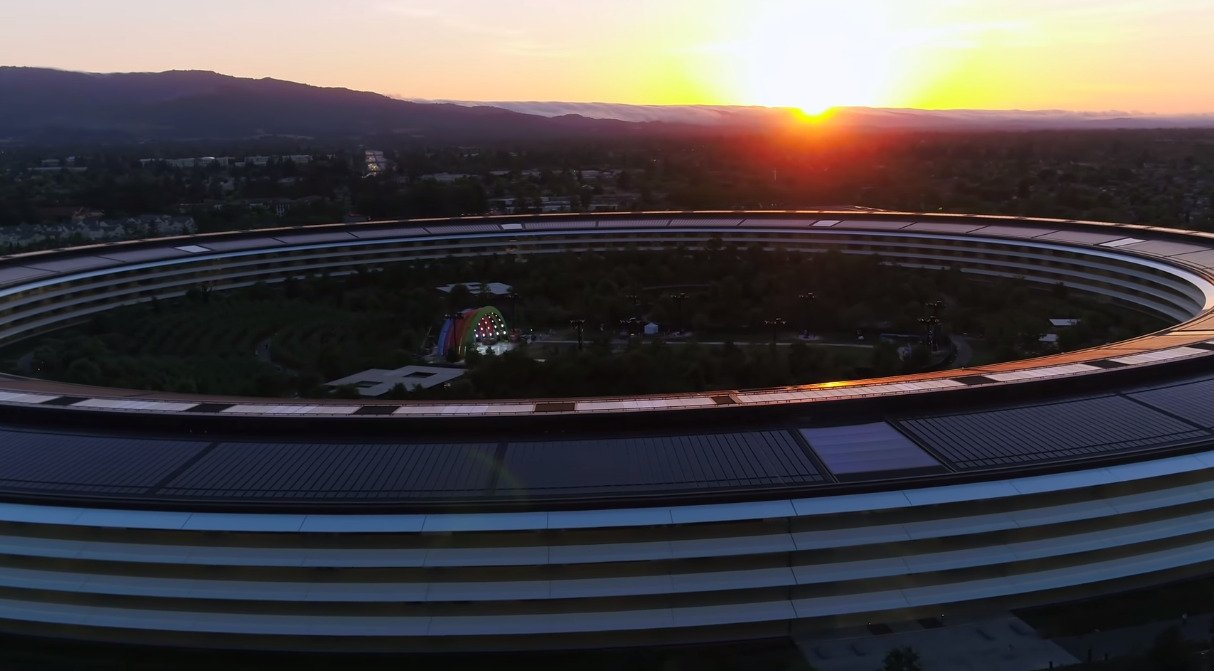Apple was unaware that a Trump administration request for data included information linked to two congressmen, something it says would have been "virtually impossible" to understand without first parsing user accounts.
An explosive New York Times report on Thursday revealed former President Donald Trump's Justice Department leveraged Big Tech to snoop on members of the House Intelligence Committee and their staff in a bid to ferret out leaks. New revelations reveal how the exercise was accomplished with little pushback from some of the companies involved.
In a follow-up report on Friday, The Times offers specifics on Apple, Google and Microsoft's respective roles in Trump's plan.
Apple said it regularly fights government requests for customer data and informs impacted users as soon as it can under U.S. law, but this particular petition went through without a fight. According to the report, a paralegal at the company simply complied and handed over the information, though the company claims it could not have known the scope or intent of the order because of how it was structured.
Instead of asking for accounts tied to members of the Intelligence Committee, including top democrat Rep. Adam Schiff (D-CA), Rep. Eric Swalwell (D-CA), and their aides and families, the Justice Department issued a subpoena for information related to a batch of email addresses and phone numbers. In doing so, the government avoided raising red flags that would demand further scrutiny by Apple.
Apple was also bound by a yearlong gag order that was renewed three times.
"In this case, the subpoena, which was issued by a federal grand jury and included a nondisclosure order signed by a federal magistrate judge, provided no information on the nature of the investigation and it would have been virtually impossible for Apple to understand the intent of the desired information without digging through users' accounts," said Apple spokesman Fred Sainz. "Consistent with the request, Apple limited the information it provided to account subscriber information and did not provide any content such as emails or pictures."
Apple said it began to enforce limits on legal orders for data after the government started to ask for information on more than 100 accounts in a single request, the report said. The new rule was put in place sometime after the Trump administration's leak investigation and restricts requests to 25 identifiers per subpoena.
The report fails to clarify what was asked of Microsoft, but notes Google received an order to release data related to email addresses that were "clearly" those of Times reporters; another facet of Trump's leak investigation. Google declined to comment on the matter, but the report says the tech giant resisted the gag order accompanying the subpoena because The Times is a corporate client.
Apple fields tens of thousands of government requests for data each year. In its latest transparency report covering the first half of 2020, the company said it received 5,816 requests for account data and provided information on 87% of those cases during the period.
On Friday it was reported that the Justice Department's inspector general will probe the Trump-era subpoenas.
Stay on top of all Apple news right from your HomePod. Say, "Hey, Siri, play AppleInsider," and you'll get the latest AppleInsider Podcast. Or ask your HomePod mini for "AppleInsider Daily" instead and you'll hear a fast update direct from our news team. And, if you're interested in Apple-centric home automation, say "Hey, Siri, play HomeKit Insider," and you'll be listening to our newest specialized podcast in moments.
 Mikey Campbell
Mikey Campbell








 Christine McKee
Christine McKee
 Malcolm Owen
Malcolm Owen
 Marko Zivkovic
Marko Zivkovic

 Andrew Orr
Andrew Orr
 Andrew O'Hara
Andrew O'Hara
 William Gallagher
William Gallagher





-m.jpg)


